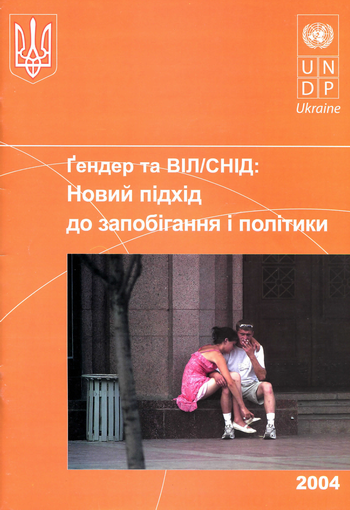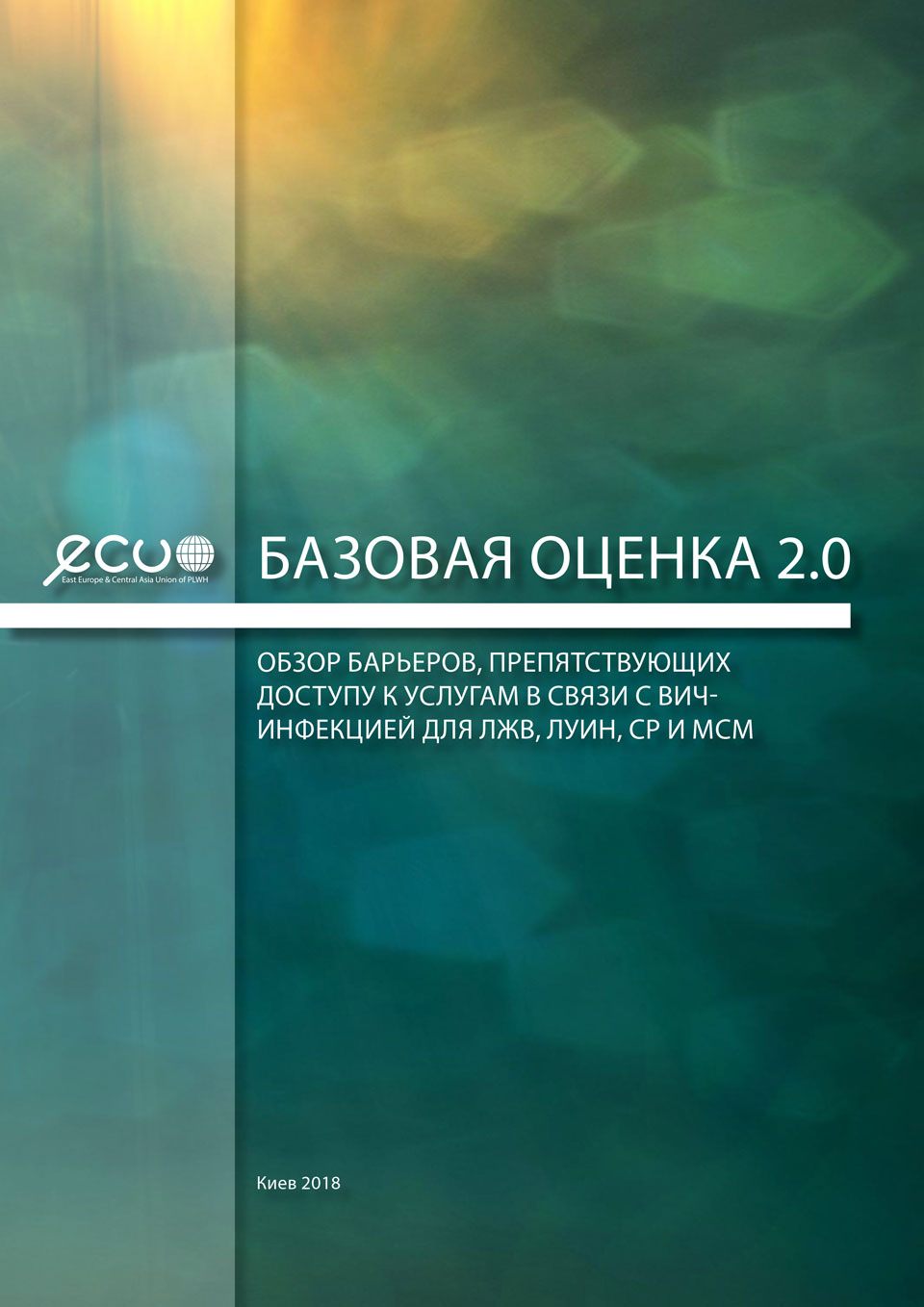The first integrated bio-behavioural survey (IBBS) was conducted in 2009 combining the survey and HIV testing of target groups. Then, a number of IBBS were held among prisoners in 2011, 2013, and 2017.
The latest study was implemented in the framework of the United Nations Office on Drugs and Crime project “Penitentiary, Law Enforcement and Drugs Sectors’ Government Efficiency in HIV Response” (HIV-PLEDGE) funded by USAID.
All bio-behavioural surveys were conducted using a common methodology and similar methods. At the same time, the methodology of the survey was gradually changed and improved. The changes in the formation of the sample were related to the military actions in the East of the country and the annexation of the Autonomous Republic of Crimea (the change of survey regions and the number of institutions). Due to the provision of penitentiary institutions (PI) with rapid HIV test kits, they were used during the survey in 2017 (during three previous studies, HIV counselling and testing was conducted using ELISA test). Taking into account the current tasks of the HIV/AIDS Programme and international recommendations on the collection of key indicators, study’s questionnaire has been gradually updated. In order to obtain more qualitative sociological data, the survey in 2017was held using the face-to-face individualinterview as opposed to the previous one, when the self-administeredquestionnaire was predominantly used.
The research was conducted by the Analytical Center “Socioconsulting” (sociological component) together with the staff of the State Psychoanalytical Service of Ukraine (counseling and testing for HIV infection).




